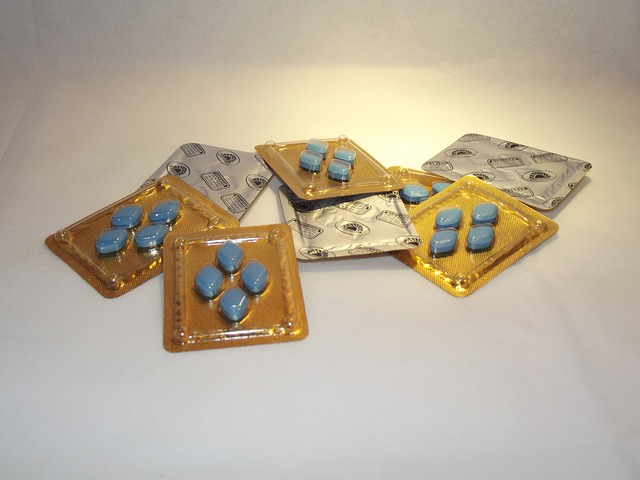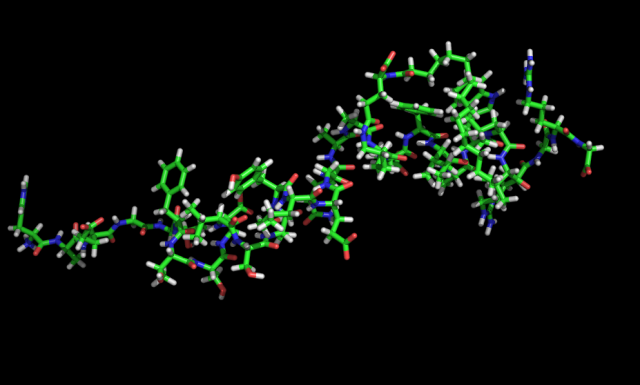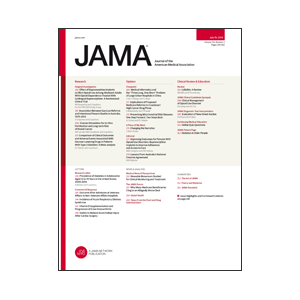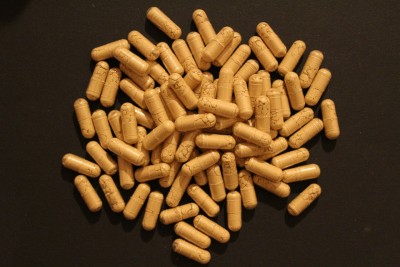A new study has found that sildenafil (brand name: Viagra) improves insulin sensitivity in individuals with prediabetes and also lowers a marker of heart, kidney disease risk.
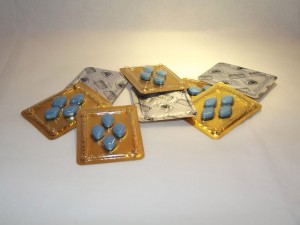
The medication sildenafil – sold under Viagra, Revatio and other trade names – improves insulin sensitivity in individuals with prediabetes and also reduces a biological marker that signals heightened risk of kidney and heart disease, according to a new study published in the Endocrine Society’s Journal of Clinical Endocrinology & Metabolism.
Insulin resistance precedes the development of Type 2 diabetes, which is characterized by high blood sugar levels and ensues when the individual cannot produce enough of the hormone insulin or insulin does not work properly to clear sugar from the bloodstream.
More than 29 million Americans have diabetes, according to the Society’s Endocrine Facts and Figures report. Among adults nationwide, three in 10 have prediabetes. Without intervention, as many as 30 percent of people with prediabetes are likely to develop Type 2 diabetes within five years.
“We need additional strategies to help slow the progression from prediabetes to diabetes,” said Nancy J. Brown, MD, of Vanderbilt University School of Medicine in Nashville, TN. “Weight loss and exercise regimens can be difficult to maintain, and some current medications have been limited by concerns about adverse effects. Sildenafil and related drugs could offer a potential avenue for addressing the rising number of diabetes diagnoses.”
Continue Reading Below ↓↓↓
Sildenafil, which is known for treating erectile dysfunction, works by inhibiting an enzyme that breaks down a natural blood vessel-relaxing chemical called cGMP. Other drugs also are in development that would increase levels of cGMP in the body.
In this study, researchers randomized 51 overweight individuals with prediabetes to treatment with sildenafil or matching placebo for three months. Study participants underwent a hyperglycemic clamp prior to and at the end of treatment to assess glucose-stimulated insulin secretion and estimate insulin sensitivity. Urine samples were also collected for measurement of albumin and creatinine, indicators of heart and renal health.
Among the 42 participants who completed the study, researchers found those who were treated with sildenafil were more sensitive to the effects of insulin. Participants who took sildenafil also had lower levels of albumin in the urine than those who took placebo. Elevated levels of albumin in the urine are a marker of risk for kidney and heart disease.
“Because existing drug therapies to prevent Type 2 diabetes can have negative effects on the heart or be of limited use in patients with kidney disease, strategies to prevent diabetes without adversely affecting the risk of kidney and heart disease could have a large impact on public health,” Brown said. “Further studies will be needed to determine whether long-term treatment with drugs like sildenafil can prevent the onset of diabetes in high-risk patients.”
Other authors of the study include: Claudia Ramirez, Hui Nian, Chang Yu, Jorge Gamboa, James Luther and Cyndya Shibao of Vanderbilt University School of Medicine.
Source: The Endocrine Society
Journal: Journal of Clinical Endocrinology and Metabolism

